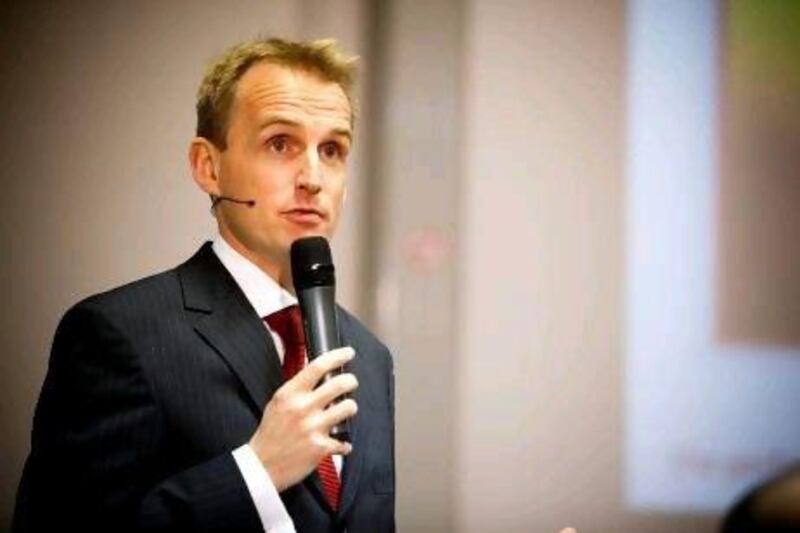Beware the "strategy tourist" who will do everything except help a company to implement a successful plan, warns Jeroen De Flander. Mr De Flander, the author of Strategy Execution Heroes, plans to speak about this topic on April 23 in Abu Dhabi through ShiftIN Partners but explains what he means here.
You say companies do not win an Olympic medal by only having a good strategy, but they must also have the right execution capabilities in place. What are they?
The most important thing looks like a simple one but it is still a very big challenge. That is to create awareness that strategy execution is important. One of the key jobs you have as a leader in an organisation is very often to convince your colleagues that the topic needs to be put on the board's agenda. It looks a very simple one, but, still, it can be a challenge.
You warn leaders against "strategy tourists". Who are these people?
Those are the people who are great at making PowerPoint [presentations] and working with fancy consultants and making nice graphs and saying how bright the future will be. Then they go and hide or move to the next job and do exactly the same thing. One of the key challenges leaders have is to create the right awareness in the organisation but also to go hunting for the strategy tourists and try to find them and get rid of them if possible.
With whom do you replace one of these strategy tourists?
[With] the opposite, who I call a strategy execution hero. That is someone who believes that strategy - and strategy execution - is important, and it is also someone who is willing to build personal skills to get strategy execution but also put processes and the right tools in place in the organisation in order to be successful.
What mistakes do leaders commonly make in communicating their strategy?
I don't know exactly how it goes in most of the organisations in the Middle East. But here [in Europe] or the US, the typical strategy communication happens around Christmas, where you have quite an old senior executive going onstage and hiding behind a big table [and he] starts a boring monologue for 30 minutes on the figures from last year. Then he says something like we have to be the best, or the greatest or the fastest and really believes that he did a great job in communicating the strategy and now it is up to the troops to do everything else.
So how should they do it instead?
One thing, for example, is that people remember form, then colour, then content. If you look at the average leader who has to communicate, they write memos, papers; they do a lot of writing about strategy but they don't really have a picture or image, let alone having a colour. If you think about the Olympic Games, you don't need to be told it is about the Olympic Games when you see the circles.
* Gillian Duncan






